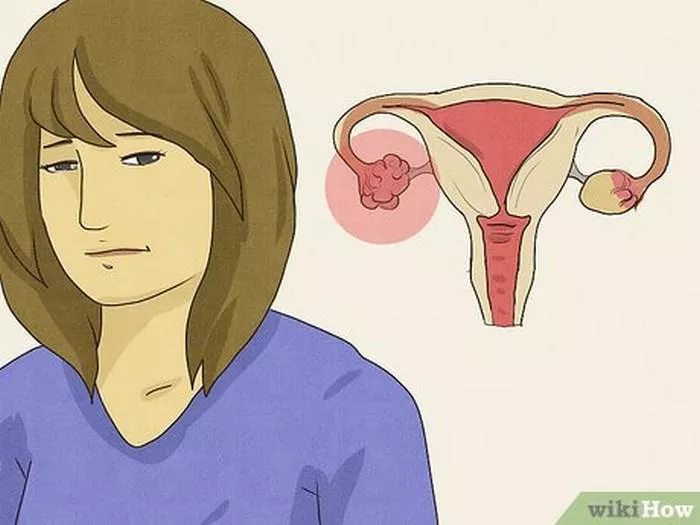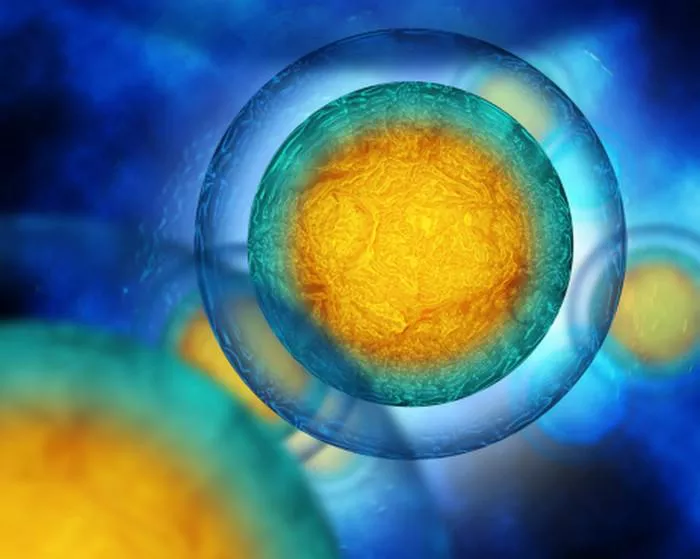Embarking on the journey of parenthood is a profound and life-altering decision for many couples. One of the most common questions that arise during this process is: When is the optimal time to get pregnant? This question encompasses various factors, from biological considerations to personal readiness. In this article, we’ll explore the intricacies of determining the optimal time to conceive, offering insights to help couples navigate this pivotal decision.
Understanding the Biological Clock
The biological clock, often referenced in discussions about fertility, plays a significant role in determining the optimal time to get pregnant. For women, fertility is influenced by age, with a gradual decline in fertility beginning in the late 20s and accelerating after the age of 35. This decline is attributed to factors such as a decrease in the quantity and quality of eggs, as well as changes in reproductive hormones.
Understanding the biological clock is essential for couples contemplating pregnancy, as it underscores the importance of timing in achieving conception. While advancements in reproductive technology have expanded options for conceiving later in life, fertility naturally diminishes with age, emphasizing the importance of considering age when planning for pregnancy.
The Fertile Window: Timing Is Key
Within the menstrual cycle, there is a brief window of optimal fertility known as the fertile window. This window typically spans a few days around ovulation, the release of a mature egg from the ovary. Ovulation generally occurs around the middle of the menstrual cycle, approximately 14 days before the start of the next period.
Identifying and capitalizing on the fertile window is crucial for maximizing the chances of conception. Couples are advised to engage in intercourse regularly during this time to increase the likelihood of sperm encountering the egg. Tools such as ovulation predictor kits (OPKs) and tracking menstrual cycles can help pinpoint ovulation and optimize timing for conception.
Factors Influencing Fertility Timing
While understanding the biological and physiological aspects of fertility is important, it’s also essential to consider other factors that may influence the optimal time to get pregnant. These factors include:
Health and Lifestyle:
Maintaining optimal physical and mental health is vital for fertility. Factors such as nutrition, exercise, weight management, and stress levels can impact reproductive health and fertility outcomes.
Relationship Dynamics:
The dynamics of the relationship between partners play a significant role in determining the optimal time to conceive. Open communication, mutual support, and shared goals are essential for navigating the journey of parenthood together.
Financial Stability:
Financial considerations, including stability and preparedness for the financial responsibilities of raising a child, can influence the timing of pregnancy. Couples may choose to wait until they feel financially secure before starting a family.
Personal Readiness:
Emotional readiness and preparedness for parenthood are subjective factors that vary from individual to individual. Couples should assess their readiness for the challenges and joys of parenting before conceiving.
Conclusion:
In conclusion, determining the optimal time to get pregnant involves a combination of biological factors, personal considerations, and lifestyle choices. By understanding the biological clock, identifying the fertile window, and considering other factors such as health, relationship dynamics, and financial stability, couples can make informed decisions about when to start a family.
Ultimately, the journey to parenthood is a deeply personal and unique experience for each couple. Trusting in one’s instincts, seeking support from healthcare providers, and fostering open communication with one’s partner are essential components of navigating the path to parenthood. Remember, while timing is important, the love and commitment shared between partners are what truly make the journey worthwhile.
























